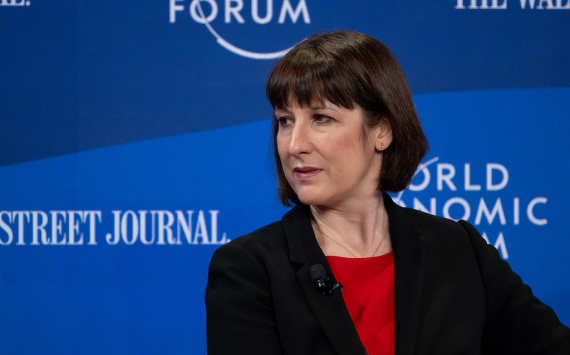
Wage Increases, Price Pressures
British businesses are voicing concerns over tax increases in Chancellor Rachel Reeves' latest Budget, which includes sharp rises in the National Living Wage and employer National Insurance contributions. While these measures aim to combat inflation and strengthen public services, industry leaders warn they could trigger higher consumer prices and operational strains across sectors.
Andrew Higginson, chairman of JD Sports and the British Retail Consortium, warns that the scale of these costs is placing an unsustainable burden on retailers, who may be forced to raise prices. He emphasizes that, alongside other increases, the tax burden is creating "an unsustainable situation" for an already pressured sector.
Among the key measures raising concerns is a 6.7% National Living Wage increase, set to lift the hourly rate to £12.21 starting in April. While Reeves argues this move will support lower-wage workers and help households amid rising living costs, Higginson suggests it may ultimately push up prices for consumers, who will bear the brunt of increased expenses.
Additionally, the increase in National Insurance contributions, which will move from 13.8% to 15%, adds another £25 billion burden for employers. Retailers face a challenging choice between scaling back hiring, delaying investment, or raising prices all of which could contribute to further inflation.
In her budget, Reeves described these changes as necessary steps toward a “fairer economy,” proposing that higher wages would stimulate consumer spending and economic growth. She framed the tax hikes as a balanced approach, impacting businesses more than individual taxpayers to fund essential public services.
However, Higginson questions the net benefit to workers if inflation outpaces their wage gains. "It's the scale of all these increases hitting at once that's so challenging," he noted, underscoring the compounded financial pressure on the sector.







